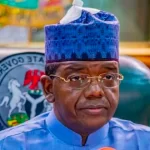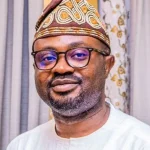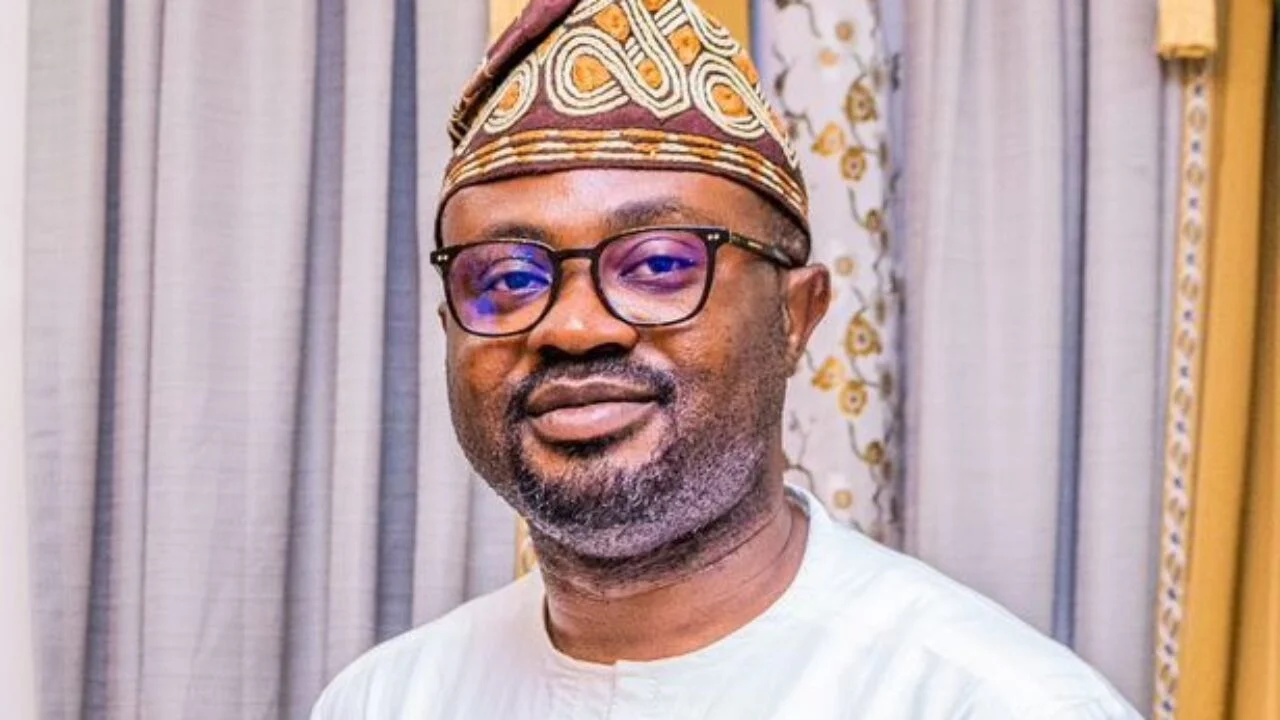
Barbara Bako, Abuja
The Vice President, Senator Kashim Shettima has acknowledged that some of the present administration’s economic reforms have been painful.
During his speech at the Nigerian Economic Summit (NES#30) opening ceremony in Abuja on Monday, the Vice President acknowledged this and further stated that the reforms are unavoidable.
Shettima who represented President Bola Tinubu at the event, stated that Nigeria like many other nations has experienced significant economic problems over the past few years.
According to him, “Nigeria’s growth trajectory has been volatile, heavily dependent on oil revenues and unable to create enough jobs to keep pace with our rapidly growing population.”
He said “As a nation, we must prioritize economic diversification. Considering this, the present administration, through the Renewal Hope Agenda has embarked on bold and courageous reforms designed to create an environment that fosters sustainable economic growth and shared prosperity, though painful at the moment.
“Our focus is on sectors that can offer inclusive and sustainable growth such as agriculture, manufacturing and the digital economy.”
He commended the Nigerian Economic Summit Group for being in the forefront of helping the government by creating a platform for meaningful conversation on the economy.
Also speaking, the Minister of Budget and Economic Planning, Senator Abubakar Atiku Bagudu said that, government in its determination to change the trajectory of economic growth and development is focusing on strategic sectors that will spur growth in the short to medium term, addressing the current macroeconomic instability, particularly the exchange rate, inflation, and unemployment, to achieve sustainable economic growth and development.
The minister said the sub-themes of the summit: fostering inclusive development, Unleashing Business Dynamic, Igniting Innovation and Digital Evaluation, and Promoting Stakeholder Collaboration, allign with the eight priority areas of the current administration.
Bagudu said the Nigerian Economic Summit has, over the years, played a pivotal role in the sustenance of national dialogue on the economy and framed deliberations within the context of the aspirations for a better quality of life for the people.
He submitted that the summit’s recommendations continue to inspire the government to reform critical sectors of the economy.
“For instance, the 29th Summit emphasised the urgent need to tighten foreign exchange rules, broaden the official market, and harmonise fiscal and monetary policies for a balanced approach to economic stability.
“Under the Renewed Hope strategy, and in line with these recommendations, President Bola Ahmed Tinubu’s administration has sustained its foreign exchange reforms, eliminating the hitherto multiple rates even as the Central Bank of Nigeria regularly fine tunes its guidelines to enhance monetary policy stability.”
The theme of this year’s Summit, “Collaborative Action for Growth, Competitiveness and Stability,” reflects the critical imperatives required to sustain our economic growth and development and improve the lives of all.
“This is consistent with the government’s commitment to the Renewed Hope Agenda and the Revised National Development Plan 2021-2025. Earlier, in his welcome remark, the chairman of Nigerian Economic Summit Group, Mr. Olaniyi Yusuf, said The twin problems of income inequality and multidimensional poverty continue to cast a long shadow over the country’s progress.
READ ALSO: Libya Airport ordeal: NFF pulls out Super Eagles from AFCON qualifiers
According to him, “Nigeria’s struggle with an uneven distribution of resources, macroeconomic instability, and institutional fragility prevents it from reaching its full potential.
“The task before us is to forge decisive reforms that can break these cycles of stagnation and pave the way for equitable growth.”
According to him, Nigeria needs to take advantage of the chances it has to rebuild the cornerstones of inclusive growth.
“The fiscal space created by the reforms of 2023 offers a unique chance to invest in our natural (minerals), built (Infrastructure), human, and social capital,” he said, adding, “We must harness our resources—energy, agriculture, or minerals—and build infrastructure enabling productivity.
“Above all, we must invest in our people, ensuring every Nigerian has access to education, healthcare, nutrition and economic opportunities.
“Now is the time for strategic legislative and regulatory reforms to secure a prosperous future. We must create frameworks that enhance productivity, unlock key sectors, optimise underperforming assets and strengthen our markets to foster trade and investment.”
In his goodwill message, Senior Vice President, World Bank Group, Indermit Gill, said Nigerians are really suffering insisting that oil wealth should be used for the good of the people.
He pointed out that Nigeria’s economy has been mismanaged for forty years because the nation let oil to dominate its economy.
While commending the economic reforms of President Tinubu, he said that the best economic reform Nigeria ever undertook was the reform of 2003.










